After a recent post by NCFM, and a discussion with a feminist about the differences between Rape and a false Rape allegation, I decided to rationally compare the two crimes.
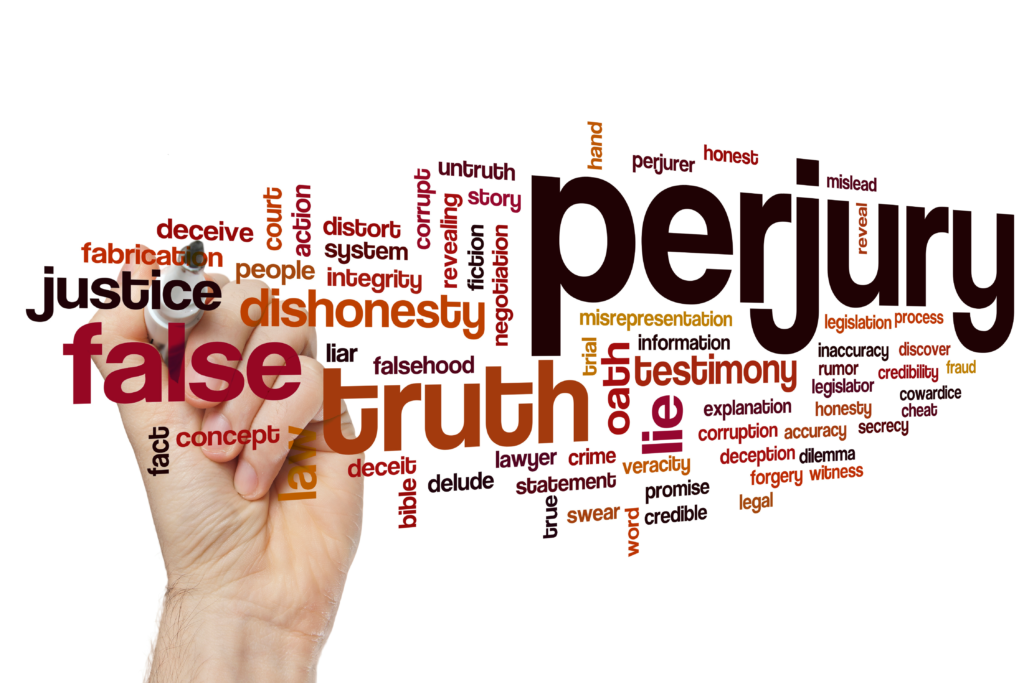
What is rape?
I dislike the term Rape, it is emotive, gynocentric, sexist and non-inclusive of male sexuality, but for the sake of readability, I will use the term Rape, rather than my preferred categorization of serious sexual assault.
I will also capitalize the word Rape, to make it clear that I am discussing the legal definition of Rape. and not the many different personal interpretations of what Rape involves.
The Patriarchal definition of Rape is forced sexual activity, but this has long since been brushed aside and replaced in culture and in law by the feminist concept on non-consensual sex.
In practice, this means that an 18-year-old girl can accept $1000 to be raped on camera in rape pornography, and that isn’t rape, but the same 18-year-old girl can go out to a night club with the intention of getting drunk and having sex, pickup an 18-year-old boy, ride him like he’s Sea Biscuit and that is rape, because she isn’t competent to consent.

Under the old Patriarchal definitions, the former would be rape, and the latter would not be rape, but under the feminist definitions, things are reversed.
Personally, I think Rape pornography is vile, and those who engage in it should be criminally prosecuted for Rape, I also think the young woman who goes out to get drunk and have sex needs to take some responsibility for her decisions and actions, but as a male, my ideas about Rape no longer have any status in society, irrespective of how rational they are.
What is a false Rape allegation?
A false Rape allegation is a criminal allegation of Rape that can be proven, beyond a reasonable doubt, to be malicious, or for personal gain or benefit.
This should not be confused with Rape allegations that can not be proven (which isn’t a crime), or with the threat of a Rape allegation made to coerce or blackmail (which is also a crime).
False Rape allegations not only make it harder for real Rape victims, but the treat of allegation is increasingly used against men and boys to force non-consensual sex (Rape).
Why is Rape bad?
That’s a good question, and it’s not as simple as one might think to answer.
British Common Law predates Criminal Law, and under Common Law, Rape was a Tortious Act, but under Common Law, one must quantify a loss to be successful in receiving compensation.
At Common Law, one would have to show that the Plaintiff (not victim) had lost sexual value, had been infected with a disease, had fallen pregnant, had suffered emotional distress, or had lost quantifiable reputation within society.

Under Criminal Law, however, one does not have to show a loss, because one does not usually receive compensation; Rape is bad because as a society we have decided it is anti-social to have engaged in sexual activity with someone without their explicit consent.
What happens to somebody when they are falsely accused?
Most men can empathize with a Rape victim; men are the majority of sexual assault victims, men have been raised to be patriarchal (protectors), men are held to a higher standard, and the male brain is more able to conceptualize (men see things as objects rather than seeing them personally).
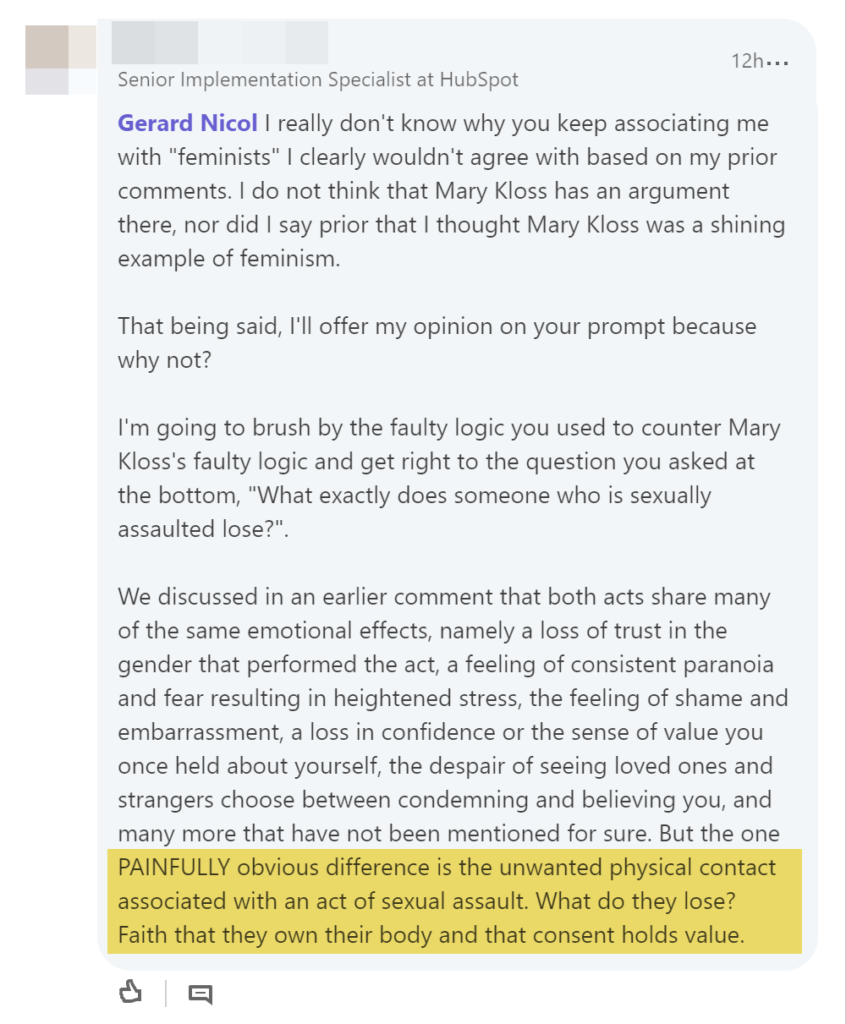
Do women really have any idea what happens to someone who is falsely accused of Rape? I suggest not, because not only are women held to a lower standard, but women are also raised to see themselves as valuable and tend to not see men as human beings unless it is through the proxy of the men in their immediate family (this is why when women try to “educate” men they use arguments like “imagine if it was your daughter”).
When someone is accused of Rape they are:
- Arrested in front of their family, friends, customers or workmates.
- Put in handcuffs and deprived of their ability to move freely.
- Booked into a jail where they are striped, and anally searched.
- Interviewed under extreme pressure by police where any mistake they make in defending themselves will be used against them.
- Deprived of their liberty until they can be put before a judge.
- Remanded in jail for months where they risk sexual assault, infection with HIV and Hepatitis, death or injury from assault.
- Forced to spend years of savings on criminal defense (retrospectively enslaving them in their past employment).
- Subject to sleepless nights, PTSD and problems with intimate relationships for the rest of their lives.
- Subject to suicide.
- Subject to the possibility of a long-term prison sentence.
- Subject to the presumption of guilt even if they are cleared.

Now if somebody has actually committed rape, there is a good argument that being subject to this treatment at the hands of society is fair and just, but if one is falsely accused, it’s hard to argue that this treatment isn’t incredibly abusive.
Is a false accusation as bad as rape?
Rather than look at the similarities between the two crimes, let’s look for some differences; what does a Rape victim experience that someone who is falsely accused of Rape does not?
Both victims are embarrassed, physically violated, deprived of their personal autonomy and freedom, face troubles with future intimacy and trust, risk infection, mental illness, and suicide.
No matter how hard I try I can’t come up with a rational argument to position Rape as worse than a false Rape allegation; begging the question of why as a society we instinctively see false Rape allegations as inconsequential.
False Rape accusers are rarely prosecuted, and get more sympathy and support than the victims of their crime.
There is no basis in Common Law for one to be worse than the other because Common Law is based on rational argument; a man falsely accused of Rape could be awarded the exact same damages as a woman who could prove on the balance of probabilities that she was Raped.
Common Law is based on the principle of Equity, Criminal Law isn’t, and that’s arguably why under Criminal Law false allegations of Rape are seen as inconsequential.
Of course, this perception of Rape and false Rape allegation is only relevant in the British/European context; under Islamic Sharia Law the penalties for both Rape and false Rape allegations are the same.

Under Sharia Law, both Rape and false Rape allegations are punishable by death because Rape is categorized as Adultery with the Defense of Rape.
In the absence of the Defense of Rape, the accuser has confessed to Adultery and therefore must be convicted and punished as an Adulterer.
Sharia Law, unlike Common and Western Criminal Law, is immutable in the eyes of Muslims; it represents the Word of God, as related by the final Prophet.
The feminist response
I need not seek the feminist response on the case above, because I already know it; false Rape allegations are uncommon, and if a few men have to go through being Raped by the legal system, then that is a small price to pay for the safety of women.
Not only does this response prove that feminists see women as more important than men, but it also shows that their ideology is not based on any sense of justice or equity.

The truth is that we have no idea how many Rape allegations are false; our current legal requirement is that Rape must be proven Beyond a Reasonable Doubt, and feminists constantly complain that very few allegations can clear that bar; a grievance based upon the belief that every allegation must be true, because every man is guilty, and no women would ever lie.






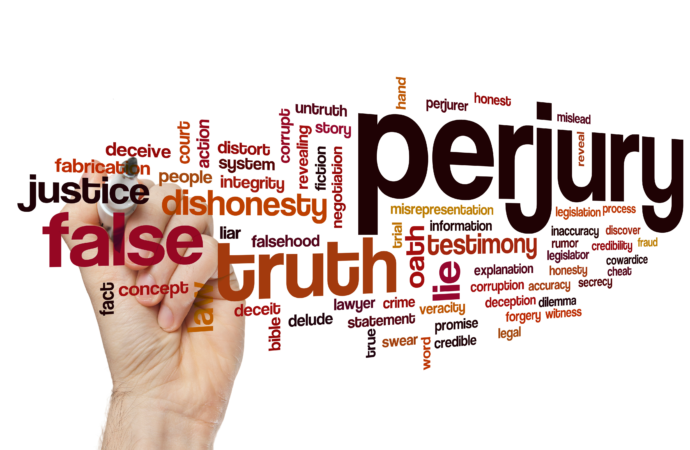

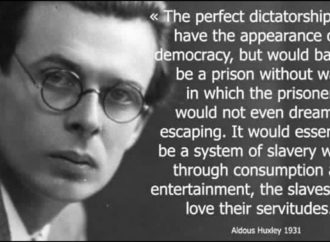


















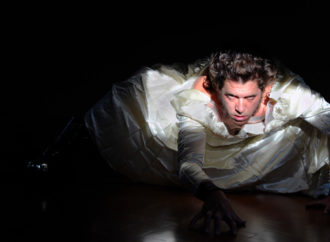




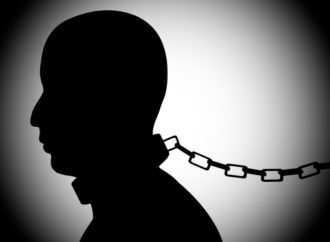
Leave a Comment
Your email address will not be published. Required fields are marked with *